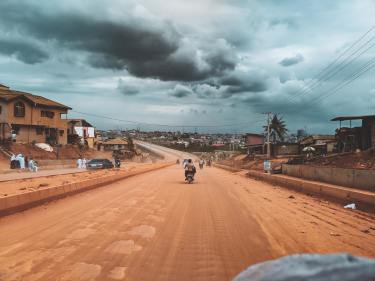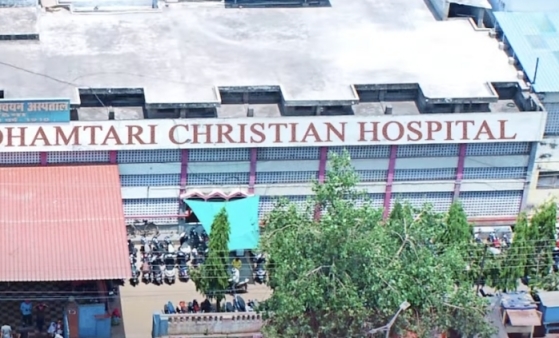
Prosecutors have arraigned five men over the deadly bombing of a church in Owo, southwestern Nigeria, in which more than 50 worshippers were killed. The hearing took place on Monday at the federal high court in Abuja before Judge Emeka Nwite, who set the trial to begin on 19 August.
Court filings say authorities believe the suspects are linked to the East African group al-Shabab, though the group’s presence in Nigeria has not been verified. Owo lies outside the usual areas targeted by Nigeria-based groups such as Boko Haram and Islamic State West Africa Province (ISWAP). Officials initially pointed to ISWAP, but neither organisation has claimed responsibility.
Witnesses reported that the attackers arrived as the service was ending around midday. A 15-year-old boy at the church entrance was the first to be shot, according to accounts shared with International Christian Concern (ICC). An ICC staff member who visited soon after described blood across the church grounds and no worshippers present.
Some eyewitnesses told ICC the gunmen were of Fulani origin, suggesting extremist elements within that community rather than a formal terrorist cell may have carried out the attack. Local Christian leaders in Owo have previously warned about Fulani militants operating in nearby forests, attacking villages, damaging farms and abusing women.
Nigeria has endured years of severe internal violence from organised terrorist organisations and militant Fulani herdsmen. Tens of thousands have been killed or abducted, and hundreds of thousands have been displaced. Boko Haram, which began as an Islamic school in 2002 and later adopted a hard-line agenda, launched a violent campaign in 2009. Despite leadership splits and a change of name to Jama’atu Ahlis Sunna Lidda’awati wal-Jihad (JAS), its targeting has remained consistent, with Christians frequently singled out, followed by government figures and Muslims who do not align with the group.
Beyond the major organisations, local disputes over grazing and water have hardened into communal violence with a religious character, resulting in attacks on pastors, churches and Christian neighbourhoods. One analyst of local militancy has argued that ISWAP funds some Fulani militants to attack Christian farmers, viewing the conflict as a further chance to strike Christians.
Successive governments — under presidents Goodluck Jonathan, Muhammadu Buhari and now Bola Tinubu — have been criticised for failing to curb the violence or protect vulnerable communities, including Christian areas in southern Kaduna that have faced repeated assaults by Muslim extremists. Commentators say any serious effort to reduce bloodshed must address the religious dimension alongside economic pressures, including programmes to counter extremist ideology and targeted security measures for at-risk Christian communities.
Adapted from ICC.




